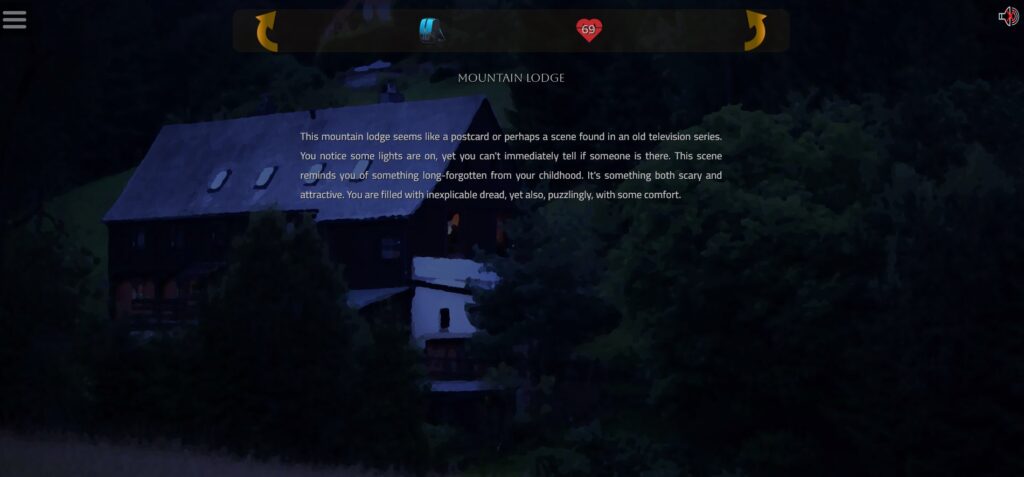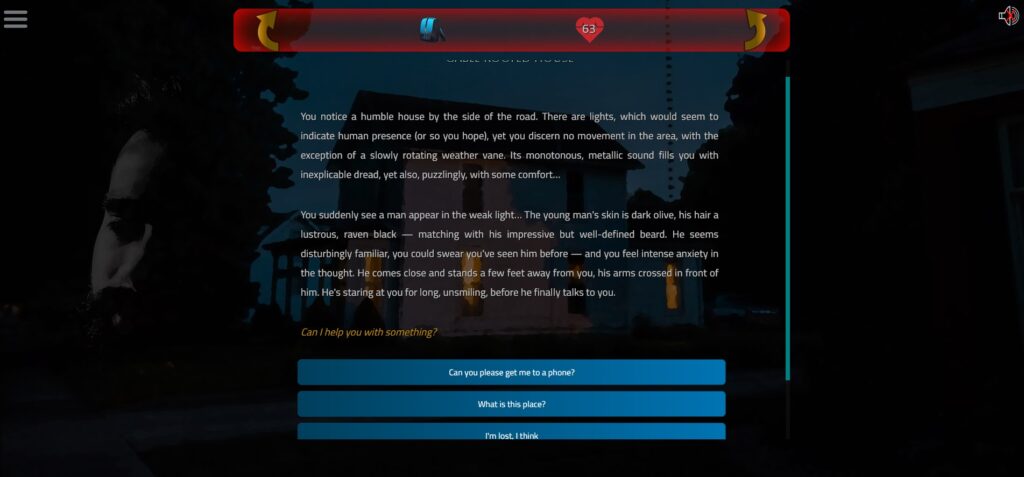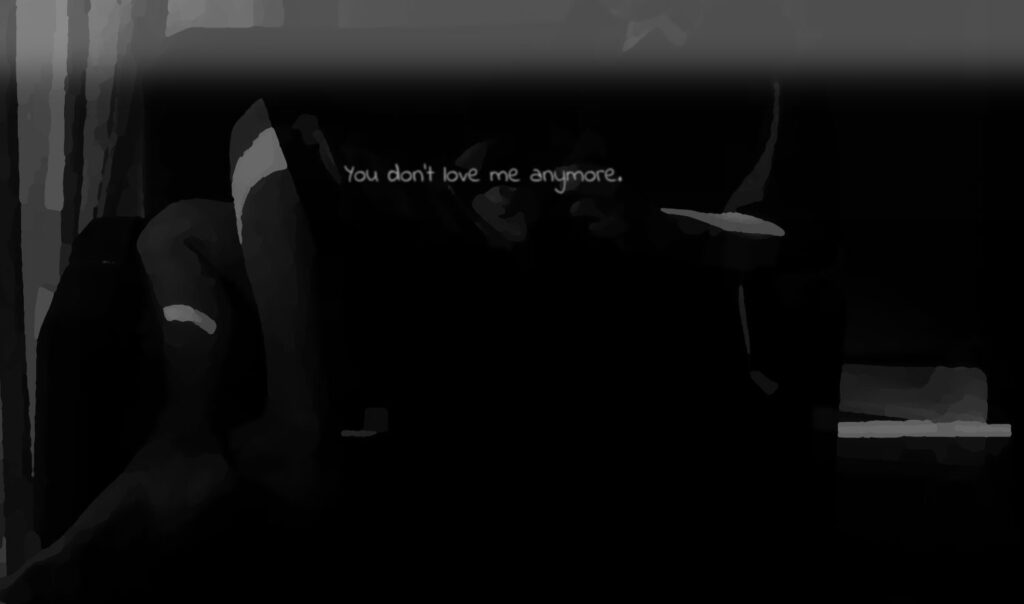April 24, 2023
The Clock Village: an Interactive Fiction Experience
The Clock Village, my latest programming project, is first and foremost an interactive fiction experience. Only nominally could one also call it a modern text adventure game, like my earlier Mansion Escape.
In other words, though in this process as a “player” you move around, engage in interactive dialogues, collect and use items, and try to increase the score that will let you get a “better” ending, I prefer to see The Clock Village as something more artistic.
Perhaps it’s a philosophical exploration of self. Or maybe a short interactive reflection of our innermost existential anxieties. Maybe, like true art, it simply is what its experiencer wants it to be

Interactive Fiction as Repression
The psychological dynamics of The Clock Village revolve around the concept of repression: a thought, desire, or memory of an event that remains buried in one’s unconscious, because it is too unpleasant (or otherwise difficult) to deal with consciously.
Let’s take a look at the setup for The Clock Village; how the story begins – at least from the perspective of the narrative.
The Clock Village: The Story
As the protagonist, you had to leave your car behind after it broke down while you were driving through a remote area. As you walk through the countryside and with the sun close to the horizon, you discover a village – you think of it as a clock, because it seems to be arranged in a circle.
Pretty soon you discover that things seem a bit weird – people behave unexpectedly, and it seems impossible to find help. More alarmingly, you seem susceptible to hallucinations or visions of a sort – the first of which awaits you as you enter the village – that have something to do with you and your past.
Interactive Fiction as Regression
As the description above might reveal (not to mention using terms such as repression or regression) there are some charged psychoanalytic elements in the narrative. Overall, the conceptual foundation of the story revolves heavily around identity, as well as the idea of repetition.
I don’t want to reveal too much, but perhaps I can let one of the characters do the talking. When our protagonist asks once again for help, exasperated at the seeming inability to escape the village, he gets the following response: “You’re going around – quite literally; think about that for a moment”.


Interactive Fiction as Resolution
There are three possible endings in the story, depending on the reader’s actions. I call these endings Regression, Ambiguity, and Resolution. As the names likely imply, the “better” the ending, the more the reader can discover what has happened to the protagonist and why they have ended up where they have – whether catharsis is achieved is another matter, mostly subjective.
Moreover, as interactive fiction, The Clock Village creatively manipulates its audience in subtle but affective ways. Perhaps you can already detect the traces of such dynamics in the examples shared here – particularly if you are familiar with my work.
If you’d like to try The Clock Village, simply follow this link.
For something different, namely a blend between text adventure and board game, take a look at my Marco Polo effort.
I don't show you ads, newsletter pop-ups, or buttons for disgusting social media; everything is offered for free. Wanna help support a human internet?
(If you'd like to see what exactly you're supporting, read my creative manifesto).
